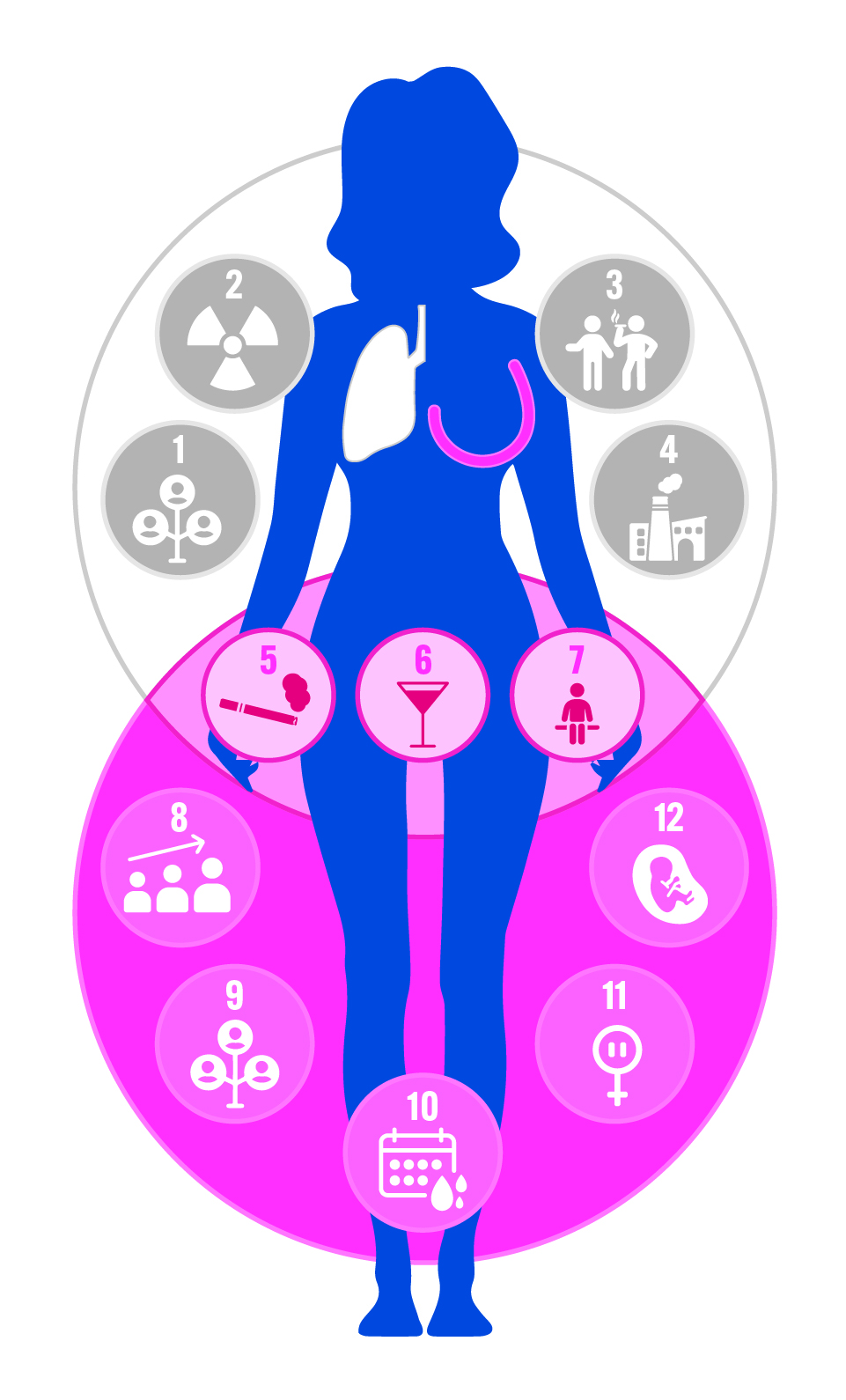Lung cancer is the leading cause of cancer deaths among adults. For high-risk patients, a low-dose CT scan is used as the primary tool to diagnose early-stage lung cancer. Dr. Atif Shafqat, medical oncologist on staff at Missouri Baptist Medical Center, states that lung cancer is one of the few cancers where screening can make a difference.

The scan takes about two minutes, and because there is no contrast involved, there is no need for an IV or to drink anything. After the first lung screening scan, patients should return every year. Regular annual screenings are important for those at high risk to make sure that if there are any changes, they can be looked at to see if lung cancer has developed.
Similarly, breast cancer is the second leading cause of cancer death in women—only lung cancer kills more women each year—and benefits from early detection. While one in six breast cancers occurs in women in their 40s, three out of four women diagnosed with breast cancer have no family history and are not considered high risk. Mammography is credited with helping reduce breast cancer deaths, and screening is recommended annually for women of average risk starting at age 40, with high-risk individuals advised to begin earlier.
Common Risk Factors and Lifestyle Changes
Lung and breast cancer both have risk factors, such as alcohol intake, smoking or using tobacco products and a lack of physical activity.
When counseling patients about lifestyle changes they can make to help lower the chances of developing lung and breast cancer, Dr. Shafqat advises, “Limit alcohol intake as much as possible and stop smoking or using tobacco products.” He also emphasizes eating a healthy diet and the importance of engaging in at least 150 minutes of moderate physical activity weekly, which can be done by exercising for 30 minutes a day, five days a week.
Take Action for Your Health
Mammograms and low-dose CT scans can help detect cancer early—when it is most treatable—long before it can be felt, and symptoms appear. By discovering cancer at an early stage, these preventive screenings can help improve the odds of survival and reduce the need for more extensive treatment.
Lung cancer risks
- Family history of lung cancer
- Radon exposure
- Smoking and secondhand smoke
- Exposure to workplace hazards
Overlapping lung and breast cancer risks
- Smoking or using tobacco products
- Drinking alcohol
- Physical inactivity
Breast cancer risks
- Getting older
- Family history of breast or ovarian cancer
- Early periods, before age 12
- Starting menopause after age 55
- First pregnancy after age 30
Questions about your risk?
Schedule your mammogram appointment online at one of our convenient locations, email a Nurse Navigator or call 855-399-LUNG (5864) to speak with a nurse navigator.